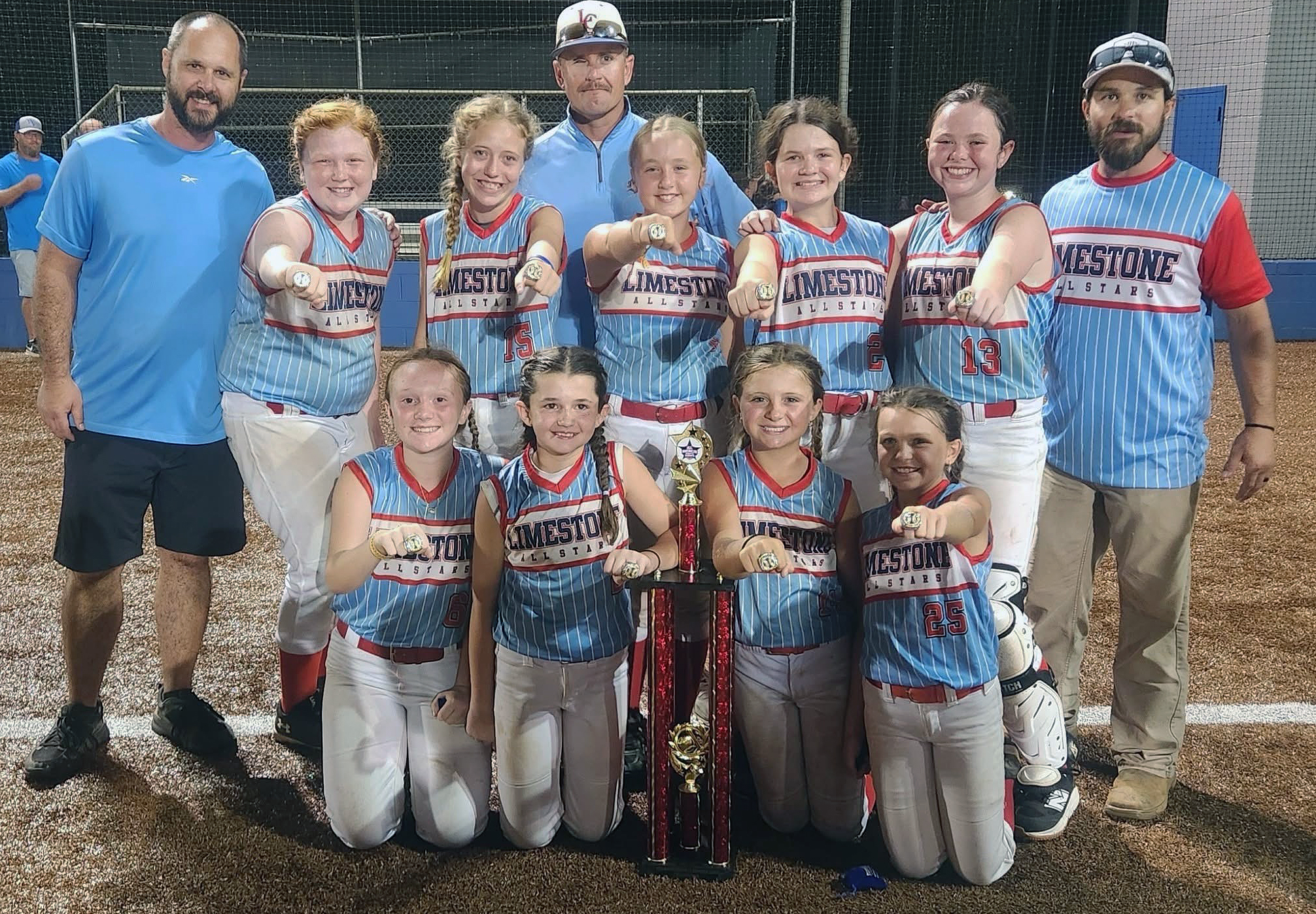WHEELER REFUGE: Groups urge end to pesticide use
Published 6:15 am Friday, September 7, 2018
Citing concerns over harm to wildlife, conservation groups filed a petition Thursday asking the U.S. Fish and Wildlife Service to end agricultural pesticide use at the Wheeler and Key Cave National Wildlife Refuges.
The petition was filed by Decatur-based Tennessee Riverkeeper and the national Center for Biological Diversity. The same groups are pressuring the FWS and Mazda-Toyota Manufacturing U.S.A. to step up measures to protect the endangered spring pygmy fish, found near the site of the future $1.6 billion automotive manufacturing plant in Huntsville-annexed Limestone County.
Trending
Private commercial farming of more than 3,000 acres of public refuge lands at Wheeler and Key Cave. Agency records show that in 2016 alone, 490 pounds of pesticides known to harm wildlife — including glyphosate, 2,4-D and dicamba — were applied across more than 1,000 acres of these refuges for agricultural purposes.
The legal petition urges the FWS to reconsider its previous approval of pesticide-intensive farming practices on the refuge complex or at least reopen public comment on whether the practice is compatible with the refuges’ purposes.
“Unnecessary and dangerous pesticide use harms water quality, public health and the fish and other animals that depend on our rivers for survival,” said David Whiteside, executive director of Tennessee Riverkeeper. “As a southerner, I treasure our irreplaceable national wildlife refuges and will fight to maintain them for ours and future generations.”
The request follows last month’s decision by the FWS to allow bee-killing neonicotinoid pesticides and genetically engineered crops the groups say trigger greater pesticide use on the national wildlife refuge system.
“Agricultural pesticides and endangered wildlife don’t mix,” said Hannah Connor, a senior attorney at the Center for Biological Diversity. “These harmful chemicals have no place on refuges specifically established to protect wildlife, including critically endangered species like whooping cranes.”
Federal law requires the Service to re-evaluate every 10 years whether previously approved “non-priority economic” uses of wildlife refuges, such as pesticide-intensive private farming practices, are appropriate. Existing uses determined not to be compatible with the refuge’s purpose or the mission of the national wildlife refuge system must be expeditiously terminated or modified.





